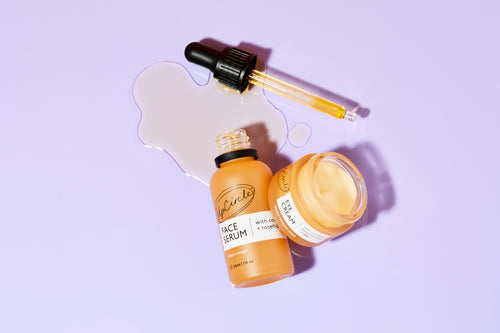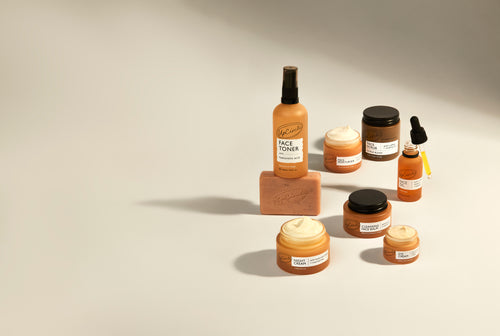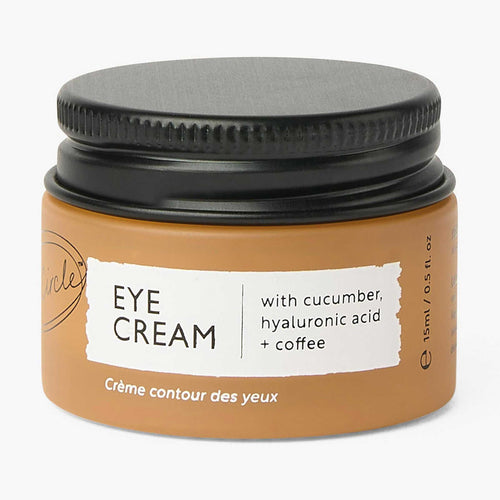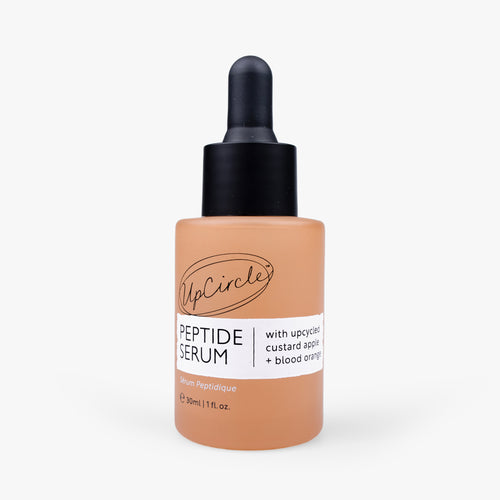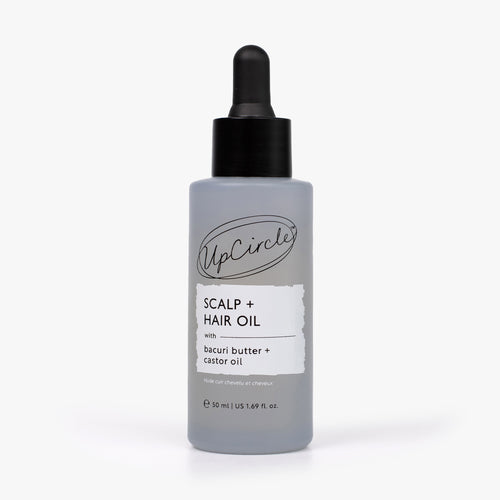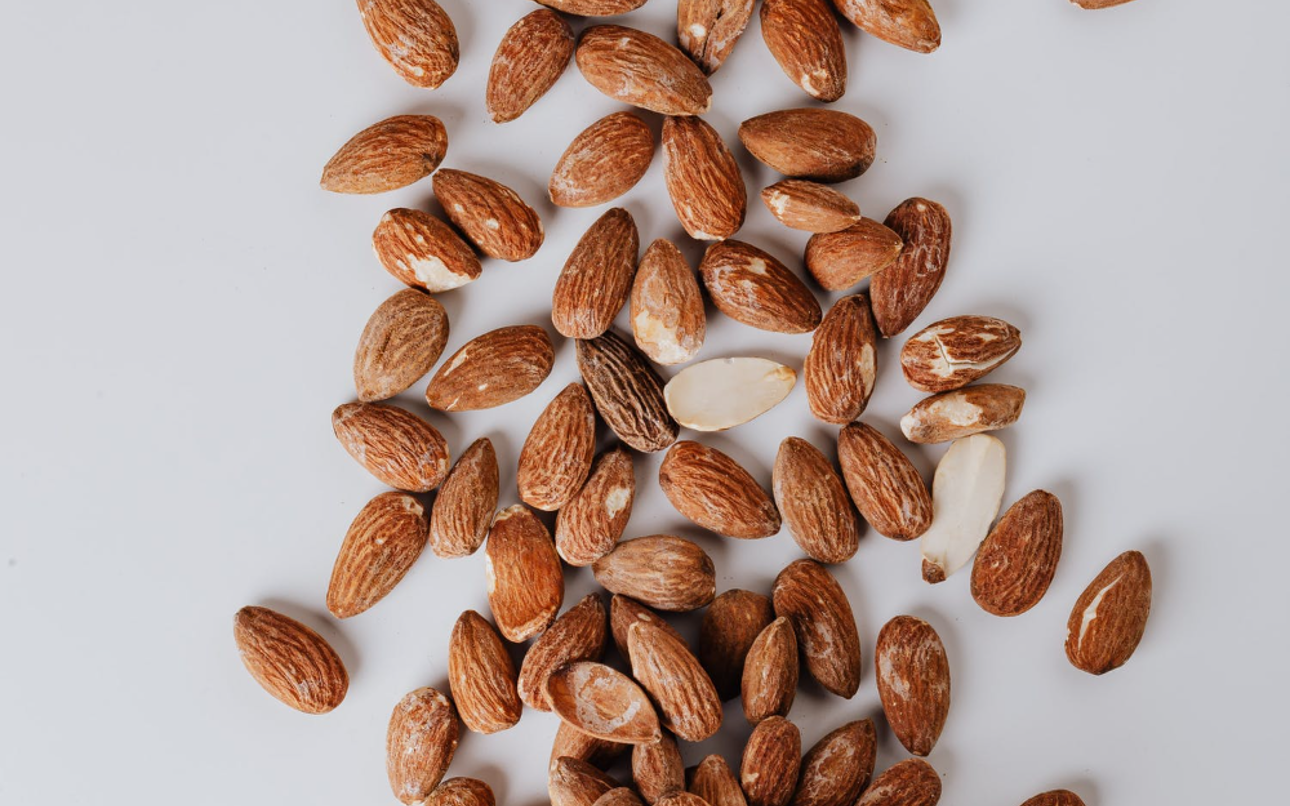"How to get enough protein without meat" is a Google search we've probably all made at some point. Protein is the building blocks of all our cells, it’s vital for building and maintaining muscle mass, maintaining our nervous system, and keeping our hair, skin and nails strong and healthy. You don't need us to tell you that a plant-based diet has a ton of benefits, but of course, it has its challenges too. One of those challenges is consuming high-quality protein sources to ensure that we’re getting all that we need to support our bodies, inside and out. So, here's our top five easy picks for getting enough protein:
Beans or legumes
Beans, peas and legumes all fall under the same Fabaceae family. This covers chickpeas, kidney beans, black beans, and black-eyed peas to name a few. As well as being good sources of fibre, carbohydrates, unsaturated fats and potassium, Fabaceae foods boast extremely high protein content, with soybeans containing up to 36 grams of protein per 100g (fun fact, soy milk is what tofu is made out). Beans are also very versatile, being made into healthy dips such as hummus, so you can sneak some high protein snacking into your diet as well!

Nuts
There are SO many nuts to choose: from cashews, to almonds, from Brazil nuts, to hazelnuts, you’re never at a loss when it comes to finding a fave. When it comes to nuts and protein, it’s peanuts that stand tallest, with 26g of protein per 100g. Nuts are nutritionally dense, meaning that they have so many benefits to eating them: being a rich source of antioxidants, containing unsaturated fats (the good kind) and great sources of magnesium. Similar to legumes, nuts can be formed into nut butters, meaning they’re easy sources of good nutrition if you ever need a quick snack. Check out our pancake recipe that goes perfectly with a nut butter!

Seitan
This picture may look like a typical beef burger, but it is 100% meat free. Seitan is made from the gluten found in wheat, and with advancements in food and demand for plant-based alternatives skyrocketing, it has meant there has been more need for exciting and healthy options. With seitan, you can mould and tenderise it to your liking, and with 75 grams of protein per 100g, who wouldn’t mind a good seitan burger?!

Seeds
Seeds are another vast and versatile food that are great to incorporate into your diet. Flaxseeds, pumpkin seeds, chia seeds and sesame seeds to name a few, seeds are similar to nuts. They are rich in antioxidants, vitamin E, magnesium, high in good fats and a good source of dietary fibre. And of course, great sources of protein, with the famed hemp seed boasting 31 grams of protein per 100g. Why not pop some on your morning porridge?

Shakes and protein powders
These are a great option for those who want to get a quick fix of protein in a great tasting shake. Plant based shakes usually contain 20-25 grams of protein per 30g scoop, and to add a little more, you can mix it with a plant-based milk. BOXD shakes are great for this, with 21 grams of protein per 30g sachet. They are made with pea and white hemp protein and contain a blend of vitamins and minerals such as iron, B vitamins, magnesium, vitamin D and more! Plus, their shakes come in eco-friendly, 100% recyclable packaging - which is what we like to see!

We'd love to hear your suggestions on other plant-based protein - let us know in the comments below!

